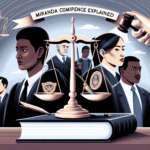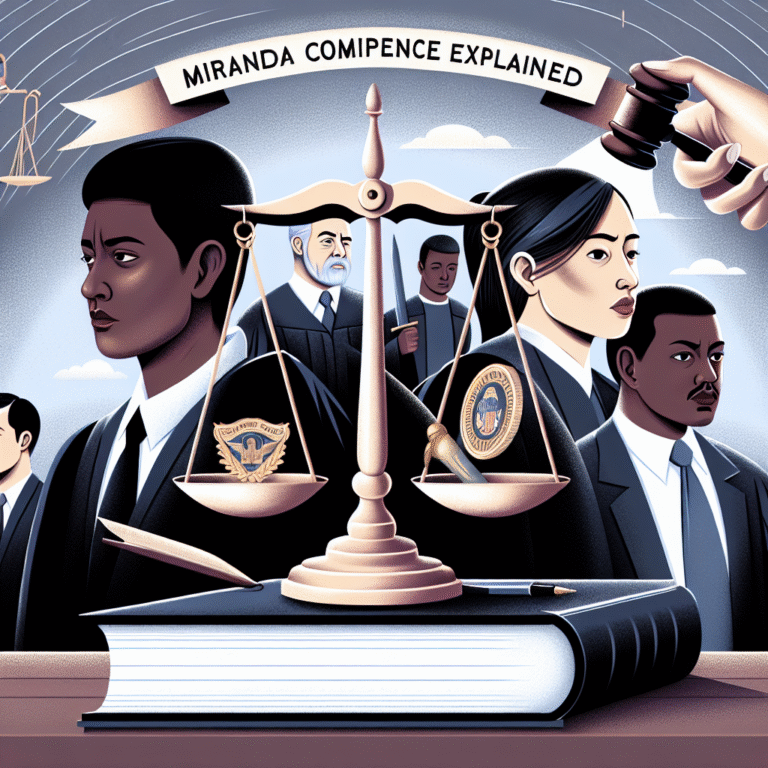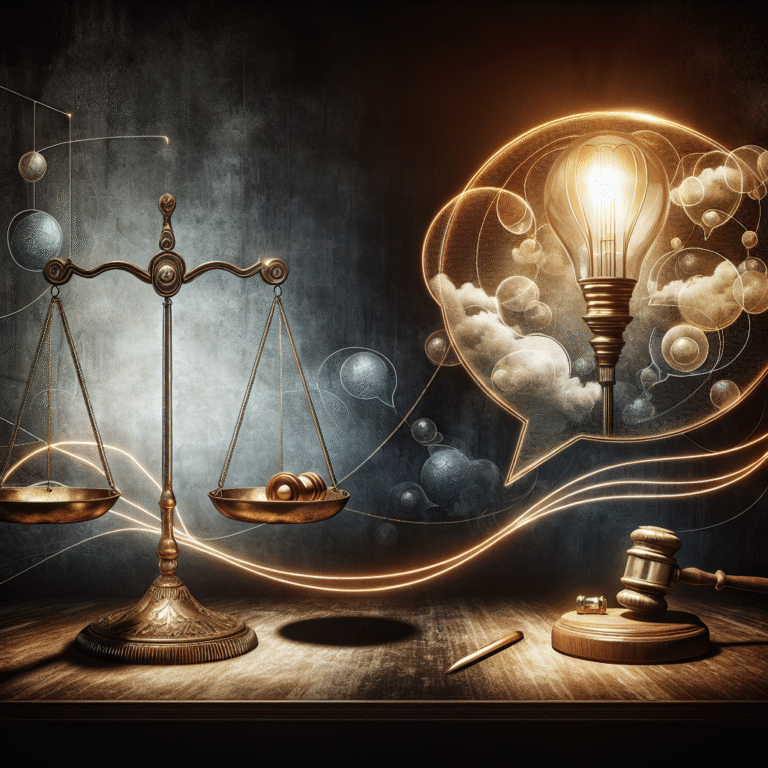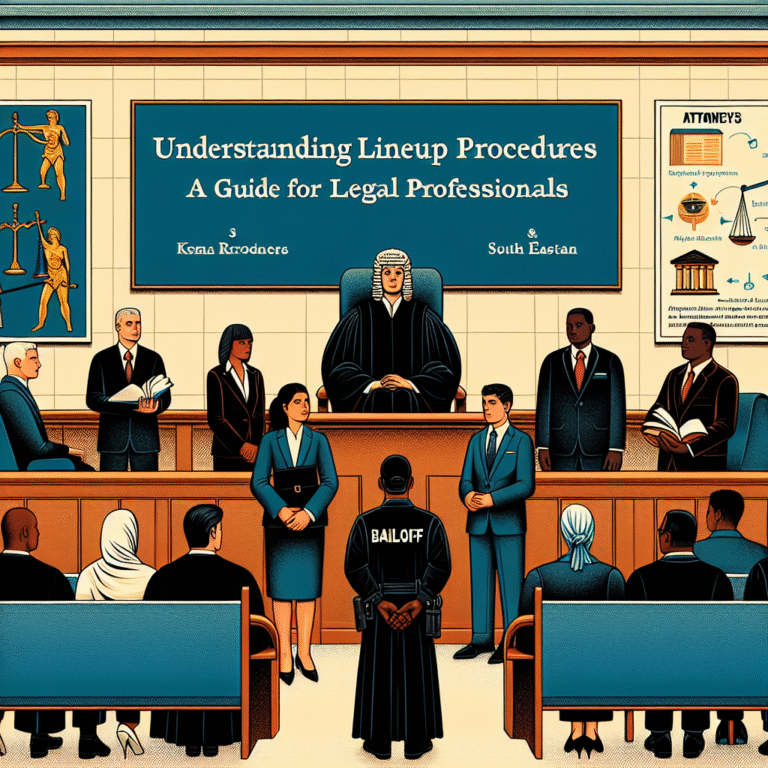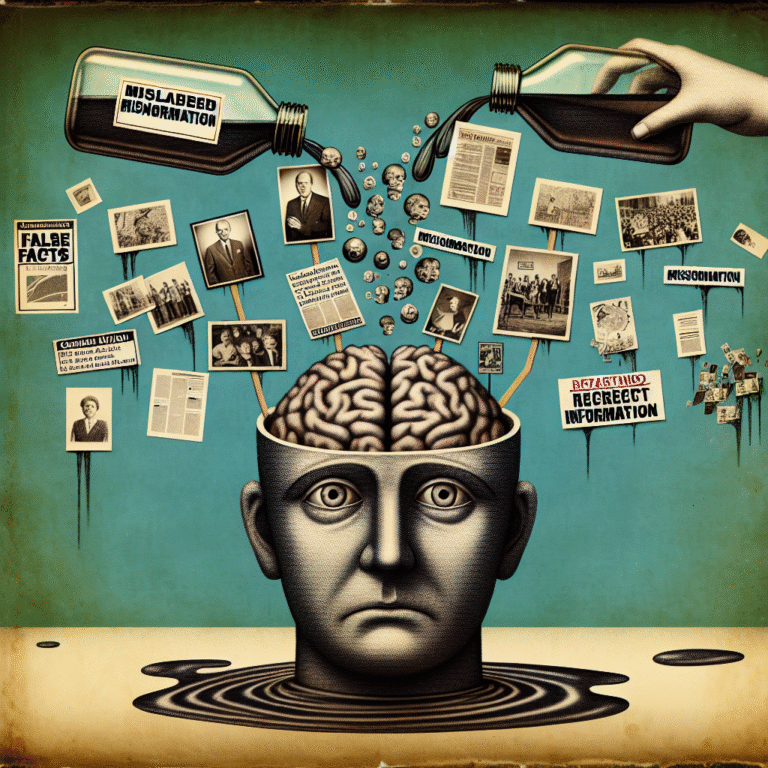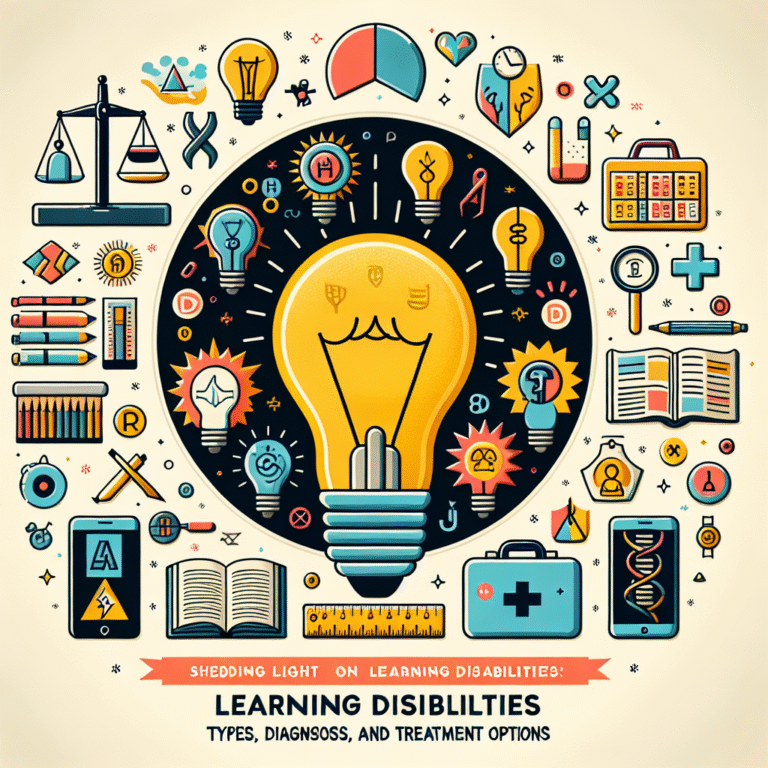
Introduction
Forensic report writing is an intricate craft that merges scientific analysis with precise communication skills. In legal scenarios, the clarity and accuracy of a forensic report can mean the difference between justice and injustice. Reports often serve as vital pieces of evidence, leading to the conviction or acquittal of individuals. With heightened scrutiny and an evolving understanding of forensic science, the demand for crystal-clear documentation has never been greater. In this article, "Essential Skills for Forensic Report Writing: Tips from the Experts," we delve into the indispensable skills required to craft compelling forensic reports, bolstered by expert insights and real-world case studies.
Understanding the Importance of Forensic Reports
Forensic reports are critical not only to legal proceedings but also to various fields within law enforcement. They bridge the gap between complex scientific data and layperson comprehension. Thus, the ability to write these reports articulately can significantly influence the effectiveness of law enforcement agencies.
The Role of Forensic Reports in Criminal Justice
A forensic report communicates findings from investigations, including:
- Scientific Methods: Techniques employed in gathering and analyzing evidence.
- Interpretation of Data: Conclusions drawn from empirical evidence.
- Relevance to Cases: How findings impact legal proceedings.
This foundational understanding underscores why developing essential skills for forensic report writing is paramount.
Essential Skills for Forensic Report Writing
1. Precision in Language
The cornerstone of any effective forensic report is precision in language. Ambiguities can lead to misinterpretations, potentially jeopardizing a case. Experts emphasize the importance of using clear, specific terminology that accurately reflects your findings.
Tip:
- Avoid technical jargon unless it is necessary. When you must use it, accompany it with a brief explanation.
Case Study: In a 2018 case involving a DNA analysis report, a forensic expert used overly complex language that resulted in confusion during the trial. The inability of jurors to fully grasp the context led to questions about the credibility of the evidence presented.
2. Objective Reporting
Forensic professionals must maintain objectivity. Personal biases or subjective interpretations can skew reporting. An objective report fosters trust and credibility in your findings.
Tip:
- Separate facts from opinions. Use the first person sparingly and focus on evidence-based statements.
Table 1: Objective vs. Subjective Reporting
| Objective Reporting | Subjective Reporting |
|---|---|
| Based solely on observable facts | Driven by personal opinions |
| Uses data to support conclusions | May include assumptions and biases |
3. Structure and Organization
A well-structured report enhances clarity and is easier for the reader to navigate. Typically, a forensic report should include the following sections:
- Introduction
- Description of Evidence
- Methods Used
- Findings
- Conclusion
Tip:
- Utilize headings and subheadings to create an organized layout that guides the reader through your argument.
4. Attention to Detail
In forensic writing, the smallest details can have significant implications. A single typo or miscalculation can be exploited in court.
Tip:
- Proofread multiple times and consider employing the aid of specialized software to catch errors.
Case Study: During a high-profile arson investigation, mislabeling evidence components led to a lengthy courtroom battle. The report’s inaccuracies put the integrity of the entire case at risk, highlighting the necessity for meticulous attention to detail.
5. Visual Aids
Incorporating tables, charts, and figures can effectively illustrate complex data. Visual aids can enhance comprehension, making it easier for readers to digest information more quickly.
Tip:
- Use graphs and tables to summarize data. Ensure they are properly labeled and the context is clear.
Table 2: Types of Visual Aids
| Type | Purpose |
|---|---|
| Graphs | Show trends over time |
| Charts | Compare quantities between items |
| Diagrams | Illustrate processes or workflows |
6. Clear Conclusion
The conclusion consolidates your findings into a digestible format. It should summarize the main points without introducing new information.
Tip:
- Reiterate the purpose of the report and relate your findings back to that purpose.
7. Adapting to Audience
Understanding your audience is crucial. The language you use when addressing a jury differs greatly from what you might use for fellow forensic scientists.
Tip:
- Tailor your tone and complexity based on your audience’s background.
8. Legal Acumen
Familiarizing yourself with legal terminology and processes is essential. A clear understanding of how reports fit within procedural law can improve your writing’s relevance in legal contexts.
Tip:
- Partner with legal experts to ensure your reports are aligned with legal standards.
9. Continuous Learning
Forensic science is ever-evolving. Staying updated with new methods and technological advancements is crucial for maintaining competency.
Tip:
- Attend workshops and continue your education to stay current.
Conclusion
Effective forensic report writing is a multifaceted skill set that combines precise language, objectivity, structure, and legal knowledge. By mastering the Essential Skills for Forensic Report Writing: Tips from the Experts, you not only enhance the quality of your reports but also strengthen the foundations of justice. These reports are critical tools in the legal process, and as such, require dedication and continuous improvement.
FAQs
1. What is the most critical skill for forensic report writing?
The most critical skill is precision in language. Clear and accurate wording is essential for effective communication.
2. How can I make my forensic reports more visually appealing?
Incorporating tables, charts, and graphs can enhance your reports. Ensure these visuals are properly labeled and relevant to your findings.
3. What role does objectivity play in forensic writing?
Objectivity ensures that personal biases do not affect the report’s conclusions, thereby establishing credibility in legal contexts.
4. How can I improve my understanding of legal terminology?
Consider taking courses in legal terminology or working closely with legal professionals to enhance your understanding.
5. Is it important to tailor your report to different audiences?
Yes, adapting language and complexity based on your audience increases the effectiveness of your report and ensures comprehension.
By focusing on developing these essential skills, aspiring forensic writers can significantly improve their contributions to the field, effectively bridging the gap between scientific analysis and the legal process. Whether you’re a seasoned professional or just starting, these insights from the experts will guide you in crafting forensic reports that effectively convey your findings—ultimately serving justice.



